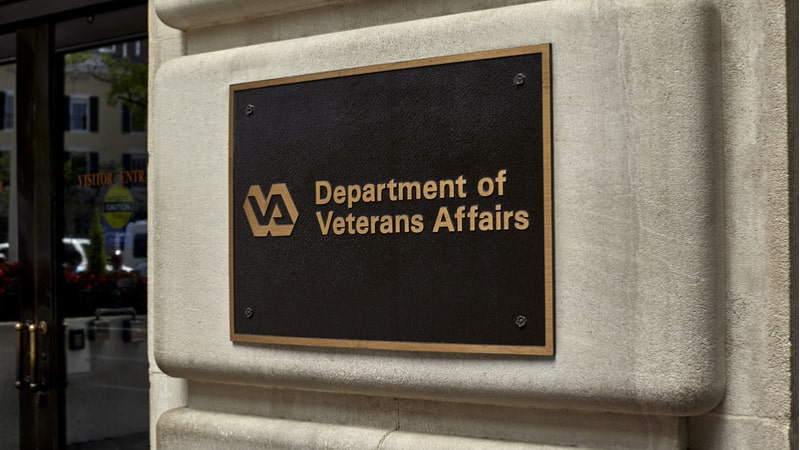
Department of Veterans Affairs (VA) officials on Tuesday said they are looking to improve the veteran experience through the delivery of cutting-edge technology, including the use of facial recognition tech in the intensive care units (ICU) at VA hospitals.
At Rise 8’s Prodacity symposium in Washington, D.C., on Nov. 7, a top VA official said she has been leveraging partnerships and talking to end users to figure out how to make security a more seamless experience for the VA community.
“As security professionals, we’ve got to make sure we are out there and we’re talking and we’re learning about our partners, our peers, and what they’re doing so that we can bring them those innovative security solutions,” said Lynette Sherrill, deputy assistant secretary for information security and chief information security officer (CISO) at the VA.
“One of the things we’re going to do in VA this year – because of being out there talking to the business – is I’m going to figure out how I do facial recognition in the ICU of VA hospitals,” Sherrill pledged.
Currently, Sherrill explained, nurses and clinicians trying to care for veterans need to reach for a Personal Identity Verification (PIV) card, pull it out of a slide, and plug it into a workstation in order to verify their identity.
However, she said this process can prove to be difficult when they’re trying to quickly give a veteran a shot or give a patient an exam. Additionally, she said “if the patient is out of control,” health care workers can’t even get to their workstation to verify their identity.
“So, if I can make that a more frictionless authentication experience for them, I feel like that’s my job to help them,” Sherrill said.
“I think that technology is finally there for security, that we have this unique opportunity that we can do that,” she added. “I really just think everything’s merging together to get us there. So, I’m super excited about cyber over the next three to five years, honestly.”
Carrie Lee, the VA’s deputy chief information officer (CIO) for product engineering service, shared another exciting cybersecurity update, saying that the VA now has the first continuous Authorization to Operate (ATO) for civilian Federal agencies.
By working together with VA developers, Lee said the agency was able to reduce its ATO time from about 400 days to roughly 60 days for new products coming into the VA environment.
“Within this environment where we do have the continuous ATO, the feedback we get from developers is, ‘This is an awesome place to release code,’” Lee said. “So, not only are we producing quality and secure products quickly … the developers are like, ‘This is an awesome experience. This is the best environment we’ve worked in at VA.’ So, it’s meeting the needs in multiple ways.”
“Through our partnership, we got it done. And now, it’s like, ‘Oh, this is really cool.’ It’s the first continuous ATO in civilian Federal, and now, Lynette’s working on that now for other systems,” Lee concluded.
